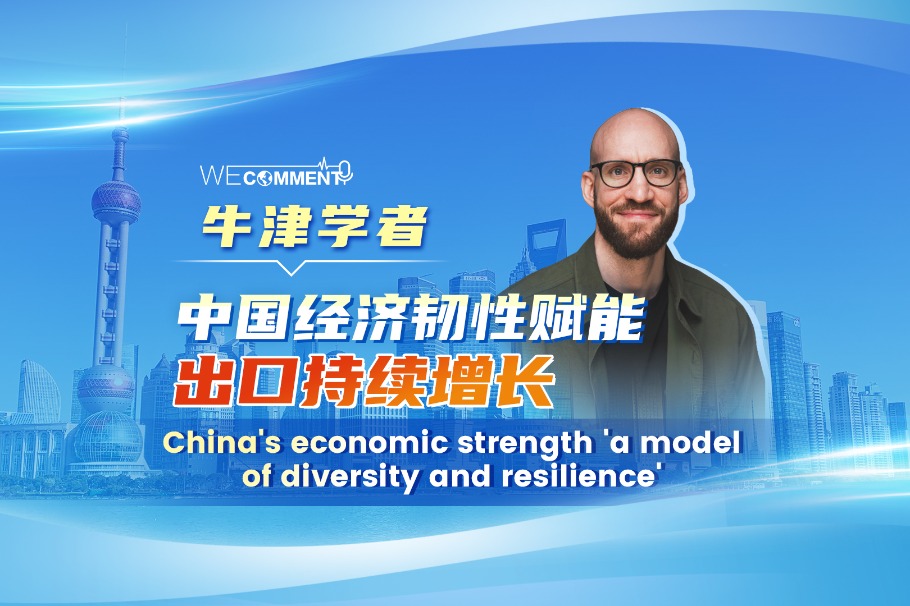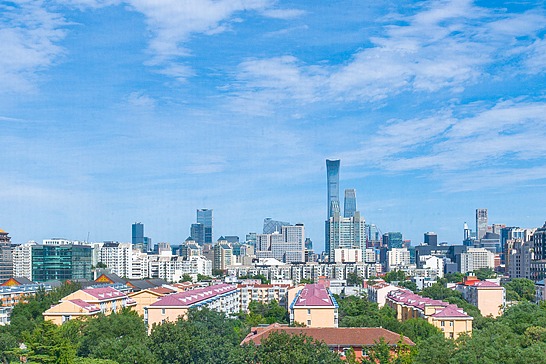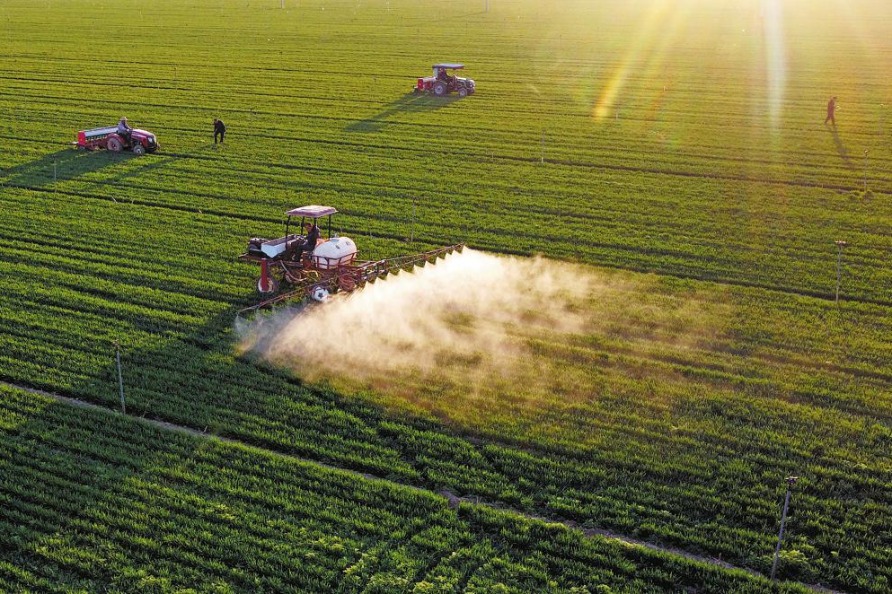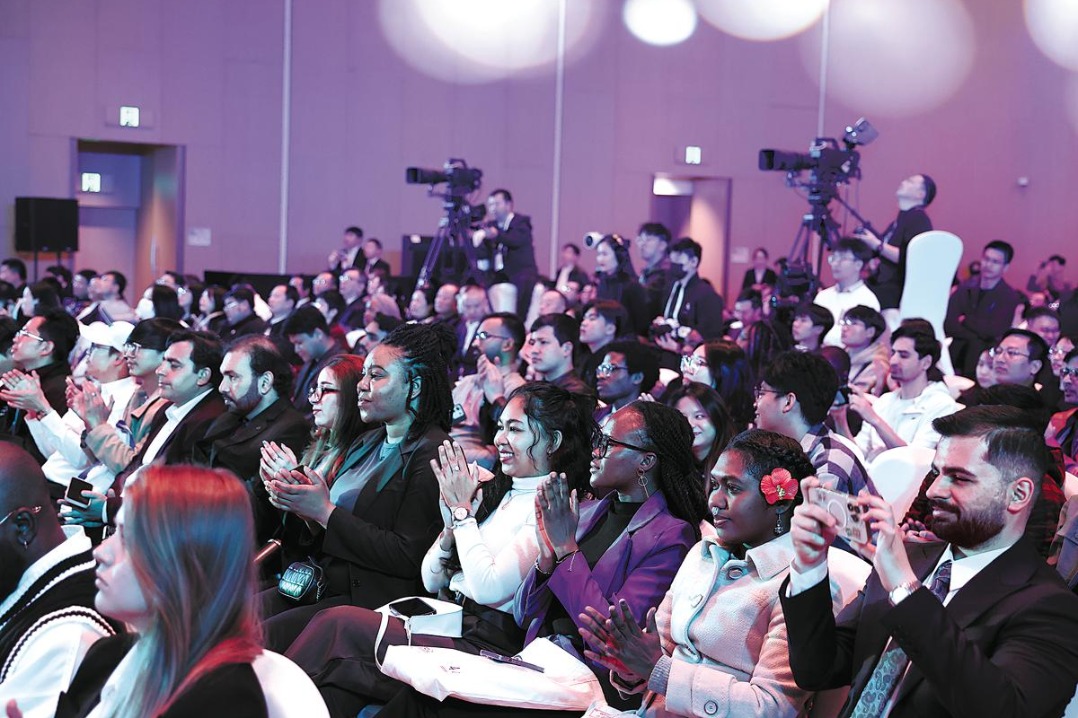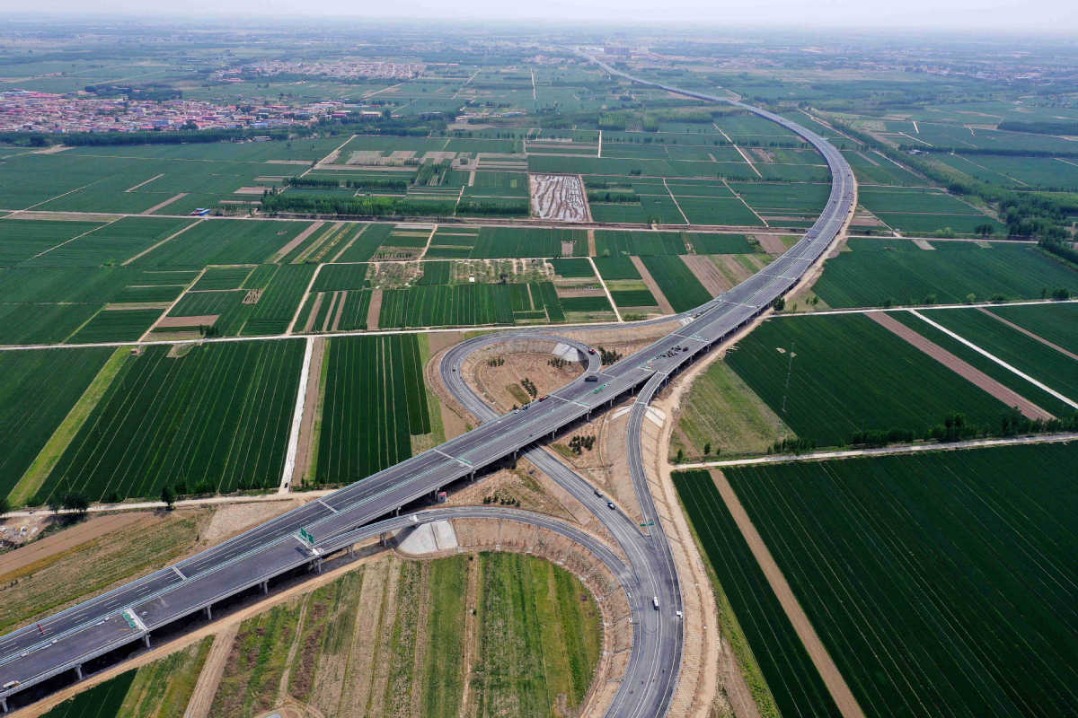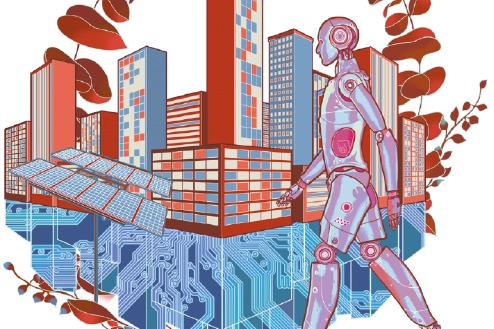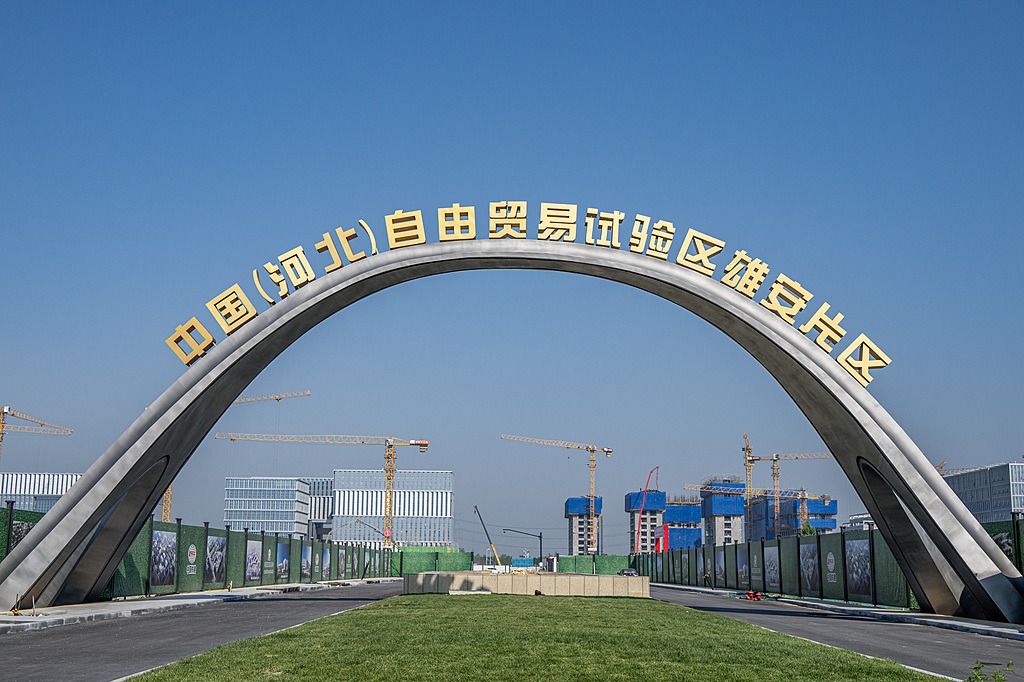For Asia to become prosperous, cooperation is key


As the Boao Forum for Asia (BFA) annual conference 2025 convenes in Hainan, China, leaders and thinkers across the continent gather under the theme "Asia in this changing world: towards a shared future." Against a backdrop of geopolitical upheaval and economic fragmentation, this year's forum is a clarion call for Asia to chart its own course.
The message is clear: Asia must unite, leverage its collective strength, and resist external interference to secure a sustainable and independent future.
The imperative of unity: Lessons from history
Asia's diversity — its languages, religions, and political systems — has often been exploited by external powers to sow division. Yet, history teaches us that unity is the cornerstone of resilience. The Indonesian proverb, "Bersatu kita teguh, bercerai kita runtuh" (United we stand, divided we fall), mirrors the wisdom of Asian civilizations that thrived through collaboration, from the Silk Road's trade networks to the anti-colonial solidarity of the Bandung Conference.
Today, challenges such as supply chain disruptions, climate change, and protectionism demand collective actions. As highlighted at this year's BFA, Asia's GDP is projected to account for 48.6 percent of the global economy by 2025 (measured by purchasing power parity). However, this growth is fragile if nations succumb to "decoupling" pressures or territorial disputes stoked by non-regional actors. The Regional Comprehensive Economic Partnership (RCEP), now the world's largest trade group, exemplifies how integration — not isolation — fuels shared prosperity.
China: The engine of stability and growth
As BFA's host and Asia's largest economy, China plays a decisive role in steering regional development. Its development model — combining market reforms with state-led infrastructure investments — has lifted 800 million people out of poverty and transformed the country into a global innovation hub. Chinese leaders repeatedly emphasized that "reform and opening-up remain the key to China's modernization," signaling continued commitment to regional collaboration.
China's contributions extend beyond its borders. The country has accounted for 64.2 percent of Asia's GDP growth and 44.6 percent of the region's service trade expansion. The Belt and Road Initiative has funded ports, railways, and energy projects in over 140 countries, including Pakistan's Gwadar Port and Indonesia's Jakarta-Bandung High-Speed Railway.
These projects, despite Western skepticism, have created jobs and bridged infrastructure gaps in partner nations. As the Asian Economic Integration Report 2025 notes, China's foreign direct investment in Asia remains above 70 percent, cementing its role as the region's economic anchor.
Regional integration: From rhetoric to reality
Asia's journey toward regional integration has accelerated in recent years, transforming rhetoric into tangible progress. The RCEP, spanning 15 economies, has emerged as a catalyst for trade liberalization.
Infrastructure connectivity has also surged. The China-Laos Railway, operational since 2021, has slashed cargo transit times between Kunming and Vientiane from 3 days to 15 hours, boosting trade flows and tourism.
The rise of intra-Asian supply chains further underscores integration. Over 58 percent of Asia's total trade now occurs within the region. Thailand's fruit exports to China, facilitated by RCEP tariff cuts, surged by 14.6 percent in 2024.
Asia's integration story — fueled by trade pacts, infrastructure mega projects — proves that collective action is indispensable for prosperity in an unstable world.
Resisting external interference: Sovereignty over subservience
Asia's development has unnerved powers accustomed to hegemony. From the South China Sea to the Asia-Pacific, external forces have stoked tensions through military alliances and trade wars.
Asia must reject such coercion. Rather than aligning with blocs, Asian countries should strengthen platforms such as the BFA to advocate for true multilateralism. The recent expansion of BRICS — including Indonesia, Malaysia and Thailand — shows the Global South's demand for alternatives to Western-dominated systems.
The Boao Forum is not a talking shop, but a platform of exchanging ideas where Asia's destiny is being written. As the Chinese proverb goes, "When everyone adds fuel, the flames rise high." By uniting against division, and investing in shared infrastructure, Asia can defy external domination and build a future of prosperity, not dependency.
Let us remember the words of Mahatma Gandhi: "The future depends on what we do in the present." Asia's future must be one of solidarity, creativity, and unwavering resolve. The time to act is now.
The author is a commentator on international affairs. The views don't necessarily represent those of China Daily.
If you have a specific expertise, or would like to share your thought about our stories, then send us your writings at opinion@chinadaily.com.cn, and comment@chinadaily.com.cn.
















